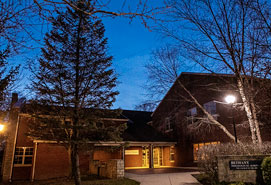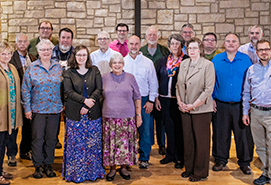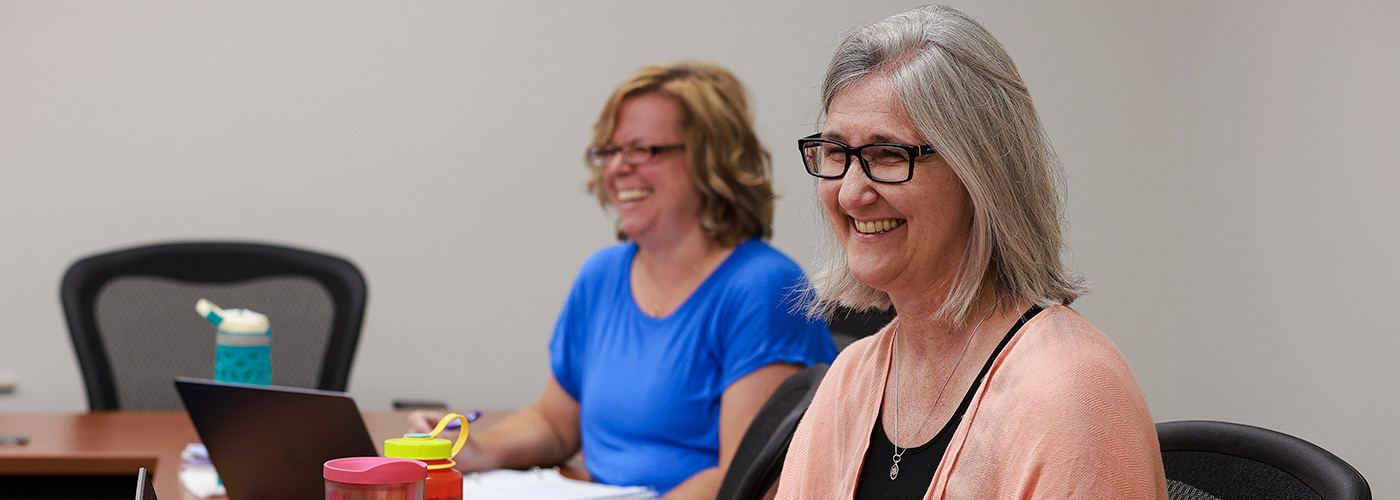Master of Arts in Biblical Peacemaking
The Master of Arts in Biblical Peacemaking (MABP) builds on the foundation laid by the Postgraduate Diploma in Biblical Peacemaking. Specifically designed for the African context, this program helps students develop their understanding of peacemaking through biblical, theological, and ethical reflection with real-world engagement steadily in view. The purpose of the program is to equip leaders with the conceptual frameworks and practical skills they need to address peacemaking challenges in their churches and communities.
Bethany’s MABP program consists of 36 credit hours (twelve 3-credit courses) and is available for the graduates of Bethany Postgraduate Diploma in Biblical Peacemaking (PDBP)–which must be completed in Jos, Nigeria–who wish to continue their studies in this area.








 Green Circle: Bethany invests in 100% renewable energy.
Green Circle: Bethany invests in 100% renewable energy.